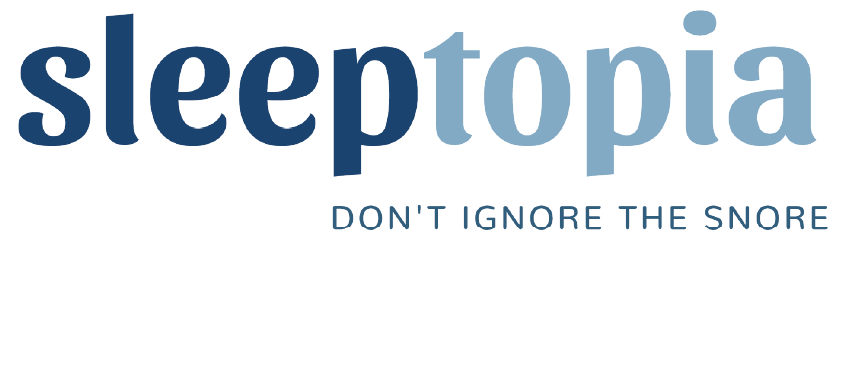
Patient Education
Better sleep can change your life. And it’s never been easier! Discover our at-home sleep testing options and go from screening to treatment in as little as 7 days.
Sleep apnea is likely the most common sleep disorder among American adults. It affects millions of people – most of whom don’t know they have the condition and are unaware of its dangers.
What is Sleep Apnea?
Sleep Apnea is a serious sleep disorder that happens when your breathing stops and starts while asleep. If left untreated, it can cause loud snoring, excessive daytime sleepiness, or more serious problems like heart trouble or high blood pressure.
This condition is different from regular snoring. Snoring can be caused by nose or throat conditions, sleep style (especially back sleeping), being overweight or elderly, or the use of alcohol or other depressants. While snoring and sleep apnea-related snoring both happen when the tissues in the back of your throat vibrate, people with sleep apnea tend to:
• Snore much louder than those with normal snoring
• Pause breathing (for over 10 seconds)
• Take shallow breaths, gasp, or choke
• Exhibit restless or active behavior while asleep
What are symptoms of Sleep Apnea?
You usually won’t notice your first symptoms of obstructive sleep apnea. Instead, your bed partner may make you aware of them. The most common signs and symptoms are:
• Snoring
• Fatigue
• Excessive Daytime Sleepiness
• Restlessness while sleeping or regular nighttime awakenings
• Dry mouth or sore throat
• Waking up suddenly with gasping or choking
• Trouble concentrating, forgetfulness, or crankiness
• Depression or anxiety
• Constant need to urinate at night
• Night sweats
• Sexual dysfunction
• Headaches
How is Sleep Apnea diagnosed?
The most sure way to diagnose Sleep Apnea is with a sleep study.
Your doctor will want to rule out any other possible reasons for your symptoms before diagnosing you with sleep apnea, and will preform a medical exam and take into account any medications or conditions on your chart.
When diagnosed, your doctor will refer you to a sleep specialist like Sleeptopia for a sleep study.
Sleep studies are at-home tests that will:
• Identify any events during sleep that are related to sleep apnea (when your breathing stops or slows down as you sleep)
• Find low or high levels of activity in muscles that control your breathing
• Examine Blood Oxygen levels while you sleep
• Monitor brain and heart activity while you sleep
How is Sleep Apnea treated?
If your doctor finds that you have sleep apnea, they’ll suggest treatment based on how serious your condition is. For mild cases, you may only need to make lifestyle changes. They may ask you to lose weight, stop smoking, or treat nasal allergies.
If these don’t ease your symptoms or if you have a moderate to severe case of sleep apnea, your doctor will recommend other treatments:
• CPAP Machine
• BiPAP Machine
• Supplemental Oxygen
• Mouth Guards
Are you at Risk for Sleep Apnea?
This condition can affect anyone, but some things put you more at risk:
• Being overweight
• Large neck circumference
• A narrowed airway due to large tonsils or adenoids
• Being male
• Older age
• Family history of sleep apnea
• Smoking
• Use of alcohol, sedatives, or tranquilizers
• Nasal congestions
• Medical conditions such as diabites, congestive heart failure, high blood pressure, asthma, strokes, or hormonal disorders.
All information provided by Web MD.
